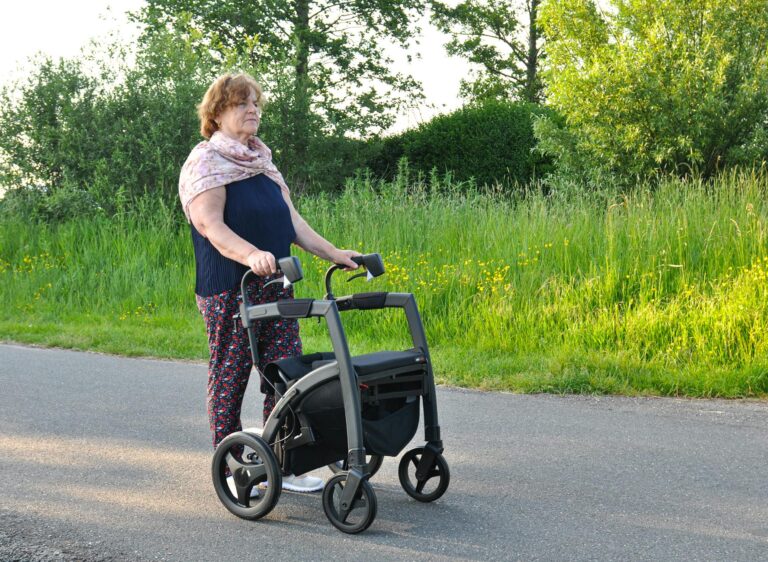Dementia is a term that refers to a group of brain disorders that affect memory, thinking, and behavior. It is a progressive condition that worsens over time and can greatly impact a person’s daily life. According to the World Health Organization, 50 million people worldwide are currently living with dementia, and this number is expected to triple by 2050.
The thought of developing dementia can be frightening for many individuals, especially as they age. However, recent research has shown that there are steps we can take to potentially prevent or delay the onset of dementia. One of these steps is increasing physical activity.
Physical activity refers to any movement of the body that requires energy expenditure, such as walking, dancing, or even household chores. While it is well known that physical activity has numerous physical health benefits, such as improving cardiovascular health and reducing the risk of chronic diseases like diabetes and obesity, its potential role in preventing dementia is still being explored.
So, what does the research say about the relationship between physical activity and dementia?
Several studies have shown that engaging in regular physical activity can have a positive impact on brain health and may help prevent or delay the onset of dementia. A study published in the Journal of Alzheimer’s Disease found that individuals who engaged in moderate to high levels of physical activity had a significantly lower risk of developing dementia compared to those who were less active.
Another study published in the journal Neurology followed a group of older adults for six years and found that those who were physically inactive were more likely to develop dementia compared to those who were physically active. The study also showed that participants who increased their physical activity during the study period had a lower risk of developing dementia.
But how exactly does physical activity help prevent dementia?
One theory is that regular physical activity helps reduce inflammation in the body, which can have a damaging effect on brain cells. It also increases blood flow to the brain, delivering essential nutrients and oxygen to keep brain cells healthy and functioning properly. Additionally, physical activity has been shown to stimulate the production of new nerve cells and connections in the brain, which can improve cognitive function and potentially delay the onset of dementia.
Moreover, engaging in physical activity can also have a positive impact on mental health. Exercise is known to release feel-good hormones called endorphins, which can help reduce stress, anxiety, and depression. These mental health benefits can indirectly contribute to brain health and may help prevent dementia.
So, what type of physical activity is recommended for preventing dementia?
The good news is that any form of physical activity can be beneficial for brain health. It doesn’t have to be intense or strenuous exercise; even simple activities like walking, gardening, or yoga can make a difference. The key is to find an activity that you enjoy and can incorporate into your daily routine.
It is also essential to aim for at least 150 minutes of moderate-intensity physical activity or 75 minutes of vigorous-intensity physical activity each week, as recommended by the World Health Organization. This can be achieved by breaking it down into smaller chunks of time throughout the day. For example, taking a brisk 30-minute walk five days a week or doing 15 minutes of yoga every day can add up to meet the recommended amount.
It’s also important to note that consistency is key. Engaging in physical activity regularly is more beneficial than doing intense exercise sporadically.
In addition to increasing physical activity, there are other lifestyle factors that can contribute to preventing dementia. Eating a healthy diet, staying socially connected, and challenging the brain through activities like learning a new skill or solving puzzles can also help keep the brain healthy and potentially prevent or delay the onset of dementia.
In conclusion, while there is no guaranteed way to prevent dementia, increasing physical activity is a promising step that we can all take to potentially reduce our risk. Not only does it have numerous physical health benefits, but it also has a positive impact on brain health and mental well-being. So, let’s make a conscious effort to stay active and incorporate physical activity into our daily lives for a healthier brain and a better quality of life.





